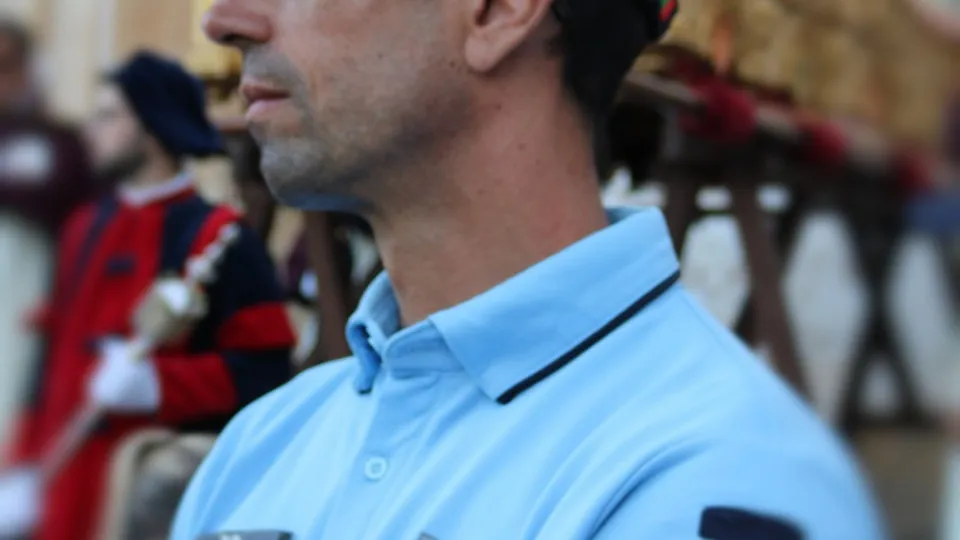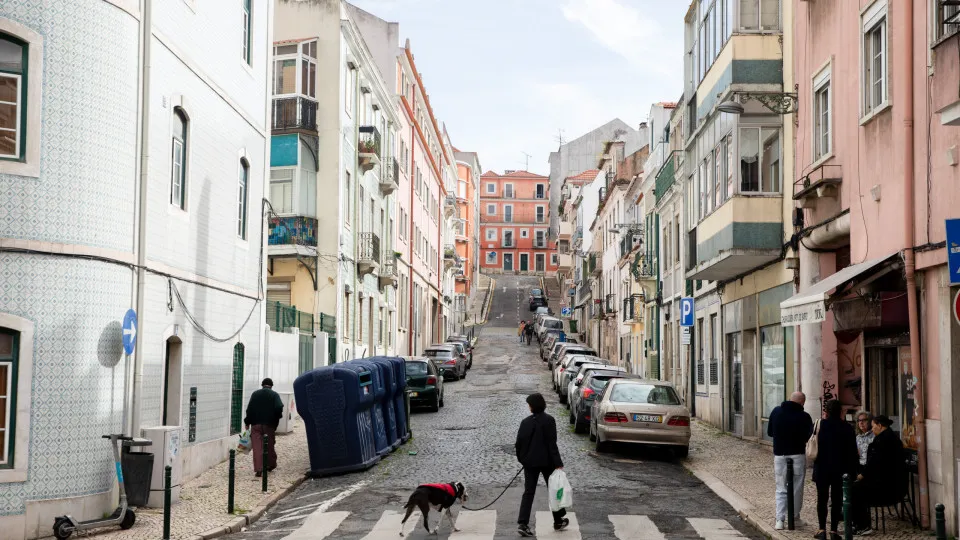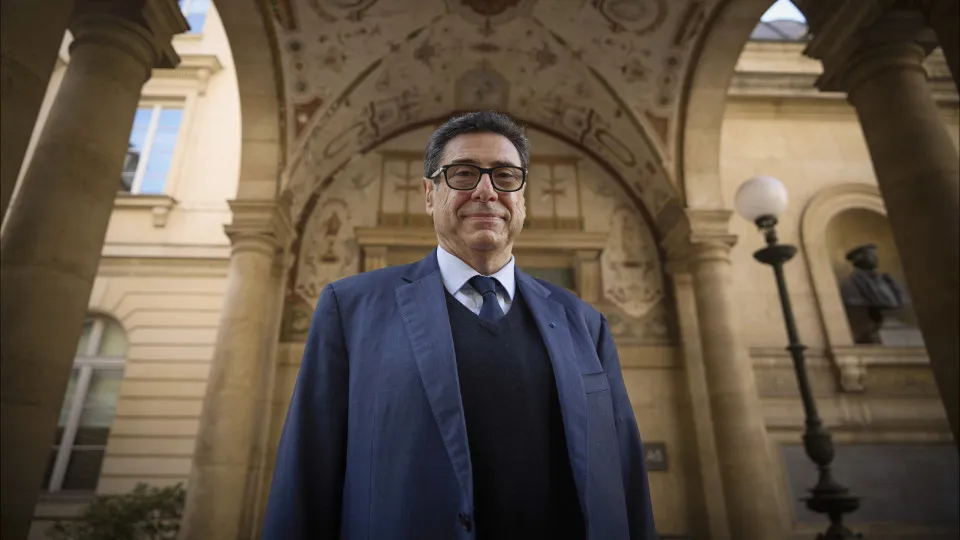
The Communist Party (PCP) has criticized the private consortium’s handling of a high-speed rail project, alleging a lack of firm opposition from the government, Infrastructure Portugal, or local mayors. The PCP’s Porto regional committee issued a statement describing the process as a “game of pressure, blackmail, and maneuvers” orchestrated by the LusoLAV consortium, which created the company AVAN Norte (comprising Mota-Engil, Teixeira Duarte, Alves Ribeiro, Casais, Conduril, and Gabriel Couto).
The PCP accuses the consortium of attempting to redefine the project to its advantage, altering routes and station locations without engaging with affected communities or conducting necessary public debates.
At issue is an alternative proposal for the Gaia high-speed rail station. The concession contract designates Santo Ovídio as the station’s location, but the consortium seeks to build it in Vilar do Paraíso instead and proposes two bridges over the Douro River instead of a single railway bridge, among other changes.
The PCP’s Porto leadership criticized the Environmental Compliance Report for the Execution Project (RECAPE) for the Porto-Oiã segment, released this week, saying it “consolidates already reported but not debated alterations,” including those concerning the Gaia station, the bridges, “increased expropriations, and changes to the Campanhã Station.” The document also introduced a significant change: the connection of the Gaia station to the metro has been altered.
The party expressed grave concerns over the consortium’s presentation to the media and municipal bodies, which initially touted a connection to the new Ruby Line, with construction costs covered by the consortium, only for the RECAPE to switch this plan to a Yellow Line connection, seemingly shifting cost responsibilities.
“A consortium presents a bid, wins, and then unilaterally alters fundamental project elements, undermining the public tender process fundamentals, which warrants legal challenge and highlights the process’s fragility and opacity,” the PCP stated.
The PCP claims this situation isn’t new and was confirmed when the Ministry of Infrastructure, responding to PCP inquiries in September, professed to “unknow” widely reported backdoor negotiations, accusing the ministry of being “passively complicit,” acting as a “passive executor, subordinate to private interests, and hostage to deadlines and project complexities, lacking negotiation capacity.”
“The public-private partnership has not managed the project; it has taken it hostage,” according to the PCP, adding that the ministry and Infrastructure Portugal’s frequent claims of “unknowledge” about widely reported and publicly debated situations aren’t credible, portraying such claims as “manifestations of complicity.”
The PCP calls for clarification of the actual involvement between the government, Infrastructure Portugal, and the consortium amid stark contradictions between official narratives and media reports, insisting on obtaining assurances that decisions adhere to public commitments and are not driven by corporate pressures. The party demands comprehensive explanations, notably during hearings involving Infrastructure Portugal and the Infrastructure and Housing Minister in the Parliamentary Committee for Infrastructure, Mobility, and Housing.
Members of the Committee for Infrastructure, Mobility, and Housing approved requests on Wednesday to hear Infrastructure Portugal and Minister Miguel Pinto Luz regarding the high-speed rail line’s route.




